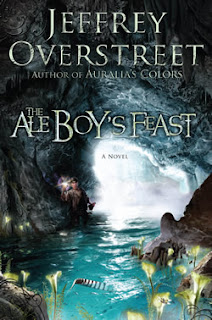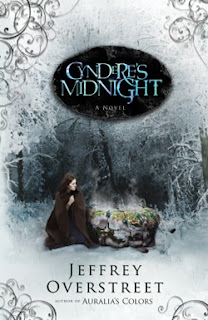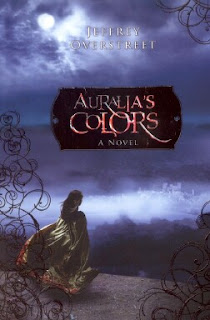2. Build Me Up, Break Me Down - 6:59
3. Lost, Not Forgotten - 10:11
4. This Is the Life - 6:575. Bridges in the Sky - 11:01
6. Outcry - 11:24
7. Far from Heaven - 3:56
8. Breaking All Illusions - 12:25
9. Beneath the Surface - 5:26
It's been a long wait for the next unqualified triumph from Dream Theater. Not since 2002's Six Degrees of Inner Turbulence have the boys released such a consistently impressive, melodic, and creative album that I can recommend without hesitation. Train of Thought (2003) was strong but very heavy, Octavarium (2005) was a bit tentative and restrained, Systematic Chaos (2007) was embarrassingly bad with its fantasy/vampire/end times lyrical conceits, and, while 2009's Black Clouds and Silver Linings recaptured some of the instrumental glory, there were too many incorrect vocal choices. (If you're going to do the Cookie Monster death-metal growl, it doesn't really go with words like "BY THE GRACE OF GOD, EVERYONE SURVIVED. BWARAARAHAGHAEAH!!!"
A Dramatic Turn of Events, like other great Dream Theater albums before it, successfully marries progressive rock, hard rock, metal, classical, and wild experimentation with some mind-blowing playing from John Petrucci (guitar), Jordan Rudess (keyboard), John Myung (6-string bass), and newcomer Mike Mangini (drums). James LaBrie is in good voice throughout, which is also a plus. The solos are memorable, the instrumental sections are very challenging, and the songs include enough melody and emotion to make this real music and not a show-off session.
I could wax eloquent on every track, but I'll confine myself to what I believe are the weakest and strongest songs. The weakest in my opinion is "Build Me Up, Break Me Down," and this is perhaps because it's not my cup of tea. The chorus is one of the heaviest in the band's catalog, and it's kind of a whiny song directed against fans who find fault in the music. (So I guess it's a song just for me! Aw, gee that's nice...) However, the instrumental bridge includes some impressive neo-classical pyrotechnics from Petrucci and Rudess playing in tandem, as only they can.
The strongest song is the longest song, "Breaking All Illusions". Charging out of the gate with an intense harmonized lead in some unholy alternation of 8's, 5's, 6's, 4's, and who knows what else (I thought we were in 17/8 time for awhile, but then they changed it and I gave up counting), it calms down for a much more relaxed and "natural" 7-6-5-7 groove of bass and drums, with tasteful counter-melodies from guitar supporting a calm vocal. This builds into a soaring chorus, then dives headfirst into the most exciting, bracing, genre-hopping, turn-on-a-dime extended instrumental section this side of Scenes From A Memory. (I tried to think of a non-Dream Theater comparison here, but it just doesn't exist...) Baroque organ, jazz fusion guitar, disco beat, gnarled bass/drum breaks, and fist-pumping rock coalesce into a progressive sunburst then fade into an emotive bass- and organ-backed guitar solo in which Petrucci plays his heart out. This transitions into another full-band time-bending progressive instrumental section, and then it's back to the vocals for a soaring finale. Delicious.
It's one thing to play virtuoso solos and difficult composed pieces. It's another thing to fold that kind of complexity and stunning technical ability into genuinely exciting and moving music. Dream Theater has succeeded at that more times than anyone has a right to, and they succeed at it again on A Dramatic Turn of Events.
Arbitrary rating: 5 out of 5 progressive sunbursts







